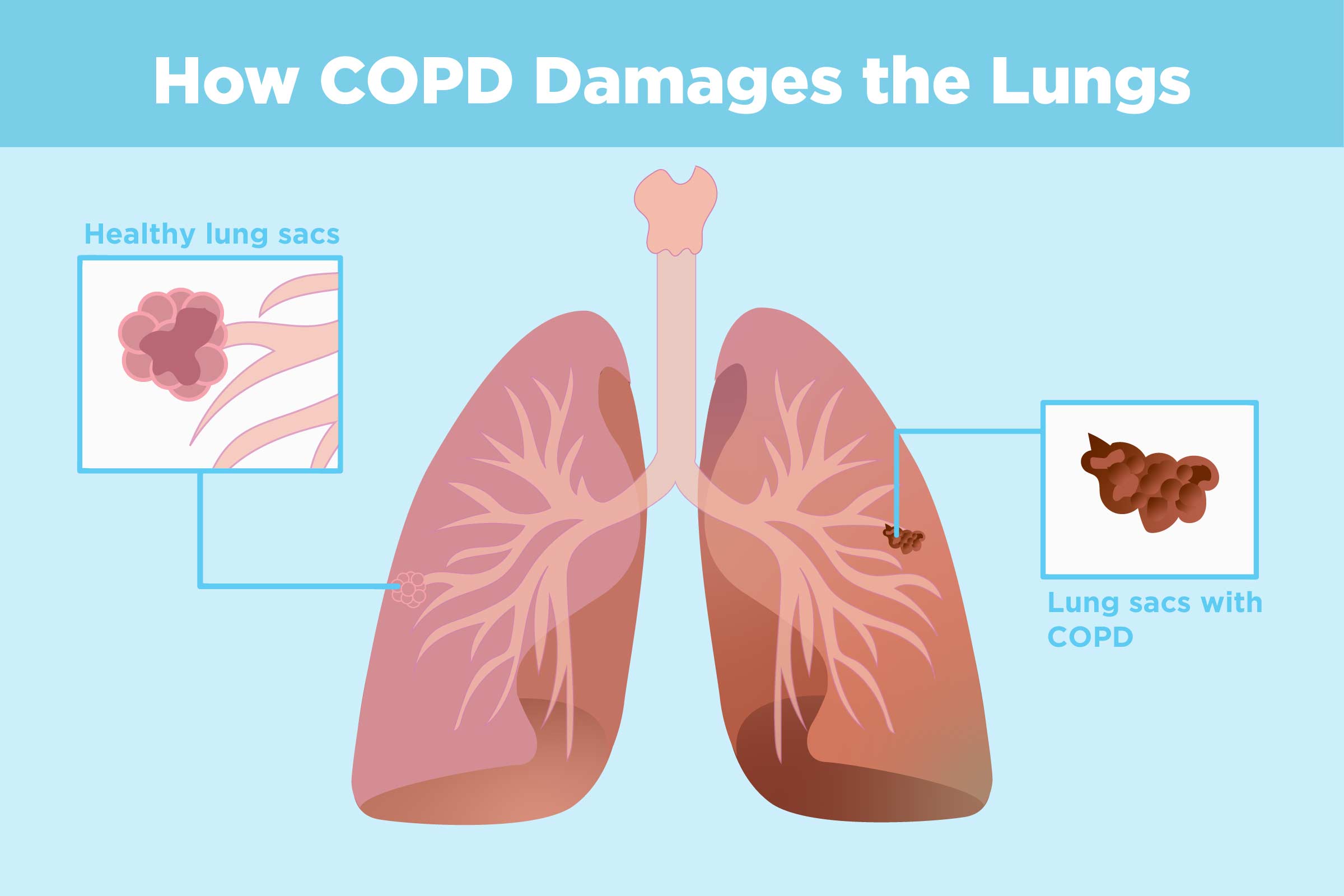Learn more Coronavirus Resources
Revision Statement: This EM replaces the prior version issued on April 16, 2021.
Six months after reopening its field offices to the public, the Social Security Administration is struggling to restore basic customer services and is assisting millions fewer of the poor, elderly and disabled people who sought its help before the coronavirus pandemic, federal data shows. Read More
CHICAGO (Reuters) – People who had COVID-19 are at higher risk for a host of brain injuries a year later compared with people who were never infected by the coronavirus, a finding that could affect millions of Americans, U.S. researchers reported on Thursday. Read More
Dr. Ezekiel Emanuel is used to feeling like the only person in the country who still cares about COVID-19. He ignores the side-eye he gets for wearing an N95 mask at parties—a self-imposed policy that makes him “look odd” but kept him safe after a recent work dinner turned into a superspreader event. The oncologist, bioethicist, and professor at the University of Pennsylvania provides each of his students with an N95 and runs four HEPA air filters during lectures. He rolls down the windows when he gets in an Uber and goes hungry on planes so he can wear his mask the whole time. He’s given up one of his favorite pastimes—dining at restaurants—even now that many people don’t think twice about eating indoors. Read More

Chronic obstructive pulmonary disease (COPD) is one of the most common lung diseases. It makes it difficult to breathe. There are two main forms of COPD:

Asthma is a disease that affects the lungs, both in adults and children. It is one of the most common long-term diseases of children. Asthma causes repeated episodes of wheezing, breathlessness, chest tightness, and nighttime or early morning coughing. In most cases, the medical profession does not know what causes asthma, or how to cure it. It is known that if someone in your family has asthma, you are also more likely to have it.

Anemia is a condition in which the body does not have enough healthy red blood cells. Red blood cells provide oxygen to body tissues. Possible causes of anemia include:
Inflammatory Bowel Diseases (IBD) is a broad term that describes conditions with chronic or recurring immune response and inflammation of the gastrointestinal tract. The two most common inflammatory bowel diseases are ulcerative colitis and Crohn’s disease. Both illnesses have one strong feature in common. They are marked by an abnormal response by the body’s immune system. Normally, the immune cells protect the body from infection. In people with IBD, however, the immune system mistakes food, bacteria, and other materials in the intestine for foreign substances and it attacks the cells of the intestines. In the process, the body sends white blood cells into the lining of the intestines where they produce chronic inflammation. When this happens, the patient experiences the symptoms of IBD.
Irritable bowel syndrome (IBS), a disorder that affects the motility (muscle contractions) of the colon. Sometimes called “spastic colon” or “nervous colitis,” IBS is not characterized by intestinal inflammation and bears no direct relationship to either ulcerative colitis or Crohn’s disease. Sufferers of IBS, however, may experience the same or similar symptoms and limitations.
Symptoms include persistent diarrhea (loose, watery, or frequent bowel movements), cramping abdominal pain, fever, fatigue, loss of appetite, weight loss and, at times, rectal bleeding.
It is important that you let your doctors know about each of your symptoms and how you are limited by your illness. Social Security will consider the objective evidence that documents your illness as well as the subjective symptoms (such as pain and fatigue) It is also helpful to keep a log of your symptoms, how often you experience symptoms, how long such symptoms last and the intensity of your symptoms. Social Security will consider how often a claimant with IBD would miss work or be away from work because of the need to use the bathroom. Statements from former employers may be helpful to establish disability as well. As with other chronic illnesses, one’s mental health can be affected: Treatment for depression or other associated mental/emotional conditions is recommended.
To read more about inflammatory bowel diseases, see:
Back pain is a common impairment that often interferes with one’s ability to work and may be the basis for disability. The severity and limiting effects of back pain, however, is often difficult to prove. In general, it is more difficult to be approved for disability based on back pain at a younger age. Back pain may be caused by any number of conditions as noted below or by unknown causes.When evaluating back pain, the Social Security Administration looks for objective signs and symptoms.It is important, if possible, to have reports of tests such as MRIs, discograms or at least x-rays as well as reports of examinations by specialists.Social Security looks for the following in a doctor’s examination report:
